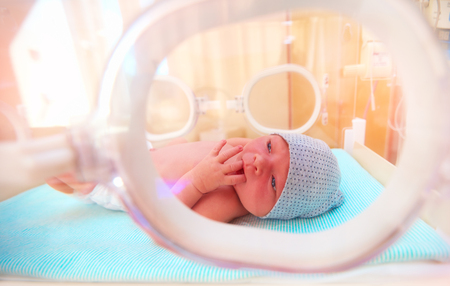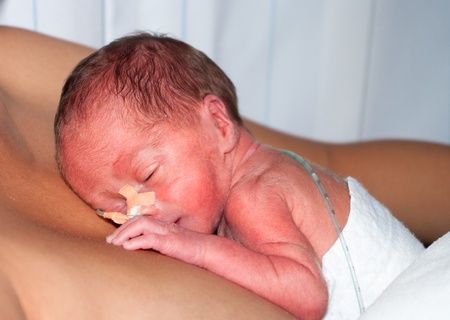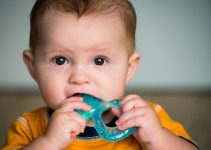NICU is neonatal intensive care unit. It is also called as an intensive care nursery. The main role of an NICU in the hospital is care and treatment of newborn infants who are premature (premie) or develop some medical problems immediately after birth. A complicated pregnancy, ecclampsia, early onset of labor and sudden accident during pregnancy are all conditions that are responsible for babies being born before their actual due date. Every week of pregnancy entails changes and new developments in the baby and nature has so designed the 9 months that at the end of this period the baby is fully formed and mature. At this stage it is ready to be born and so if the birth occurs before this time period, then the early birth baby needs to be kept in an environment similar to the mother’s womb so that it can grow and survive. The preterm birth complications are effectively dealt with in the NICU.

Risk Factors That Could Lead to a Premature Delivery
- Maternal:
- Mother younger than 16 or older than 40 years
- Hypertension
- Diabetes
- Drug and alcohol abuse
- Multiple pregnancies
- Premature rupture of the amniotic sac
- Preterm labor
- Baby:
- Gestational age of the baby less than 37 weeks and more than 42 weeks
- Birth weight less than 2.5 kg
- Seizures
- Hypoglycaemia
- Need for oxygen, IV and medications
- Respiratory disorders like apnea immediately after birth
- Birth defects like cleft lip
- Delivery and labor:
- Breech delivery or abnormal presentation
- Cesarean or forceps delivery
- Loop of cord around the neck
- Presence of meconium (first stool of the baby). If meconium is found in the amniotic fluid or around the baby at the time of birth, it indicates fetal distress.
- Birth asphyxia and fetal distress
- Maternal:
Health Care Team in NICU
There is a team of specially trained healthcare professionals who care for the baby in the NICU. All these people work as a team and nurse the little babies back to life. They all have a fixed set of duties and a routine is in place. There are practices and protocols for cleaning, changing and feeding the baby.
- Neonatologist: A neonatologist is a specially trained pediatrician who care for premature babies and supervises the work of the nursing and accessory care personnel. This field is now a super specialization as it requires utmost skill and care.
- Respiratory therapists
- Occupational therapists
- Lactation consultants
- Pharmacists
- Dietitian
- Social workers
- Cleaning and housekeeping staff

Levels of Care
There is a tier system in all countries that classifies the health care based on the gestational age of the premature baby. This is the 3 tier system followed in a few countries.
- Level 1: This category is for the babies weighing more than 1800 grams or having a birth age of 34 weeks. The main care includes birth care, providing warmth and promotion of breast feeding. This care can be given at home or a PHC. Special boxes are available which can provide this kind of environment even at home.
- Level 2: This is for neonates weighing 1200-1800 grams and they need to be looked after by trained nurses and pediatricians. The facilities needed are resuscitation equipment, maintenance of the temperature, newborn baby incubator, IV feeding, phototherapy for babies with jaundice and blood transfusion. This care is available at district hospitals and nursing homes.
- Level 3: This category is for those neonates who weigh less than 1200 grams. This is available at bigger multi-specialty hospitals with special care NICUs. The centralized oxygen and suction facilities are needed for such babies. Premature baby feeding tube, Vital sign monitors, infusion pumps and ventilators are the high end equipment that are needed here. Specialized neonatologists and nurses care for such babies round the clock.
Baby Care Tips in NICU
The sights and sounds of the NICU and small babies on life support can be very overwhelming for a new mother but you need to be calm and trust that it is the best thing for your baby.
Mothers are allowed to visit the NICU wearing sterile clothes and footwear so that the infections from the outside do not affect the baby. Feeding the baby in the NICU is allowed if the baby is able to breast feed. If the baby is very unwell, then expressed breast milk is fed to the babies by the nurse with the help of a feeding bottle or nipple.
Care of preterm baby is very difficult as a lot of care needs to be taken to avoid infection. They are too small and very susceptible to the slightest exposure. NICU babies are at a risk of developing infections related to the catheter or tube that is inserted to feed them. Complete sterilization and asepsis needs to be maintained in the environment of the icu.


